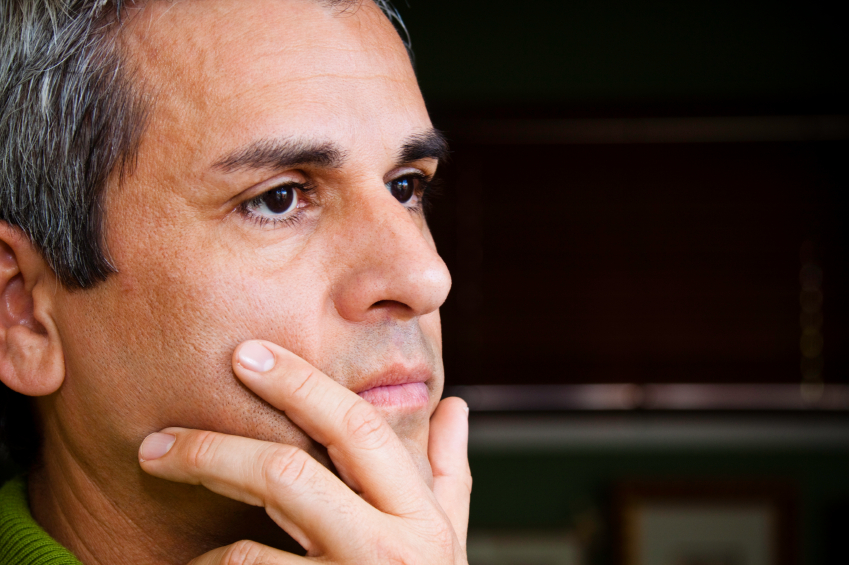Knock, knock. Who’s there? It’s gratitude!
One day, a few years ago, I was directed towards a challenge: I was asked to think about a person that had been kind and had done something beneficial for me, but that I had not thanked properly. I was told I could think far back into my life, but to think of someone who was still alive.
After reflecting for some time, I began to think about a high school teacher that had been particularly impactful for my life and my world view. I remembered how this teacher challenged my thinking and helped me remain true to myself and my opinions. He was for sure not part of the status quo; a man not afraid to shake it up and get in a little trouble while doing so.
So I wrote a letter that described the profound impact this teacher had on me and my history. I looked this person up and I found a university newspaper article from Ohio which was titled “He’s not your usual professor.” Before starting to read, I knew it was him. I wrote an e-mail and we establish contact.
Luckily enough, we were able to set up a meeting for dinner. I had my chance. I expressed openly and whole-heartedly the content of my letter. It was a highly emotional experience for me. I felt overwhelmed with gratitude and joy. The experience helped me realize that I had not been alone, not only as it related to this encounter but with many others in my life. There had always been individuals that had help guide my path, although I had not been aware of it at the time.
The man sitting in front of me, my teacher, seemed taken by what was going on. He responded by saying that he had no idea of the impact he had on my life. After seeing hundreds, if not thousands, of students in the previous eighteen years it could be difficult to discern who got the message and who did not. I hope he understood how his message transcended with me and is still with me in some shape or form.
This exercise I was challenged to complete is called “The Gratitude Visit.” If you feel up to it, maybe you can give it a try. Research has shown that this exercise provides a strong boost in happiness and a decrease in depressive symptoms after a person completes the exercise.
As a summary, the steps to follow are:
• Think of a person that is alive and that has done something positive for you. You have not thanked this person properly.
• Write a letter describing what the person did and how this has been beneficial for you. The letter could be about a page or page and a half.
• Contact the person and schedule a visit to deliver the letter and express its contents. Try to do this within one week if possible.
• Reflect on how this exercise made you feel.
Those in recovery from addiction are used to scheduling a time to admit their wrongs and “make amends.” That is an essential component of 12 step recovery. But reaching out to those that have been positively influential in our lives also seems a worthwhile effort that can contribute to our recovery and well-being.
Enter the text or HTML code here


